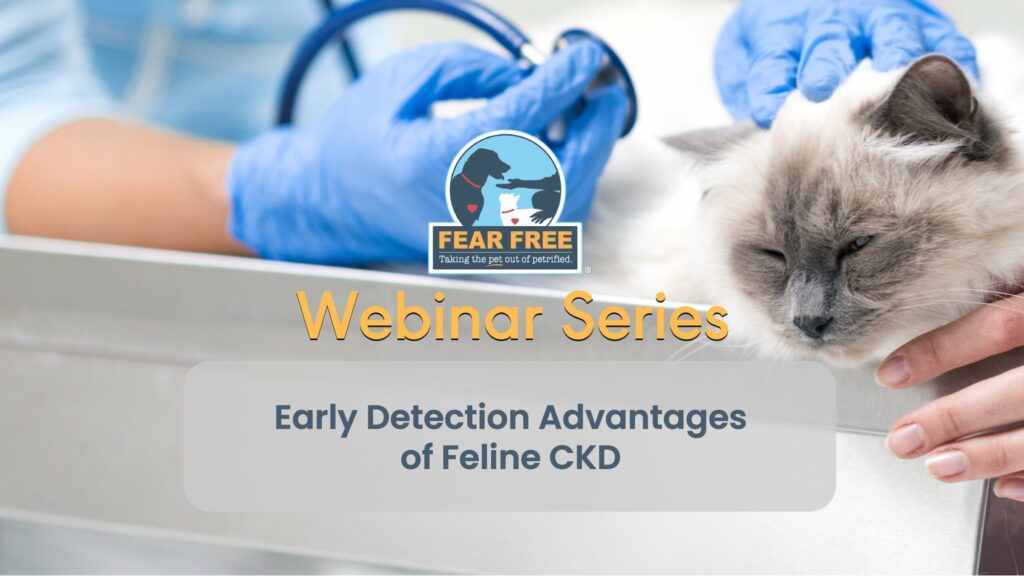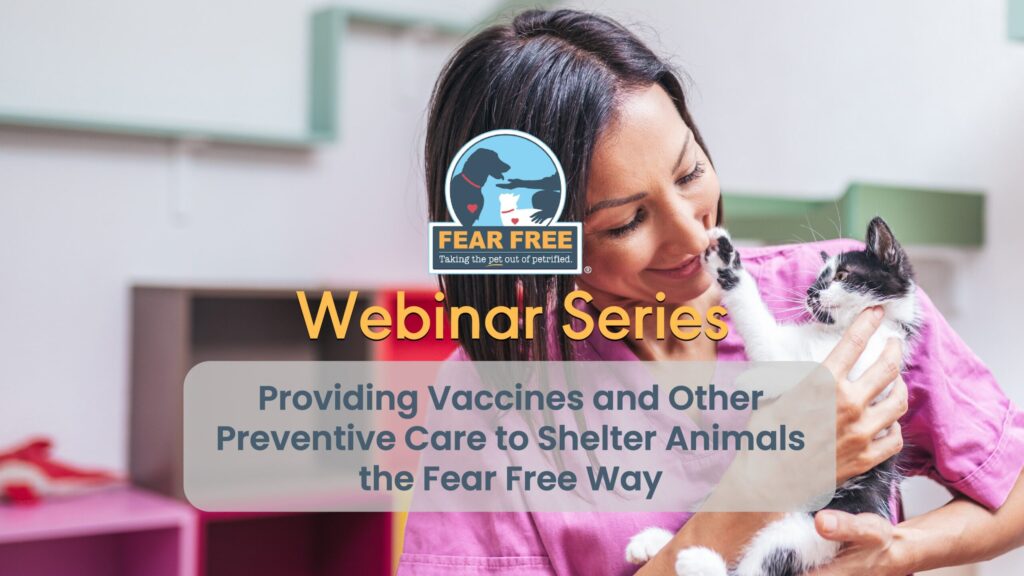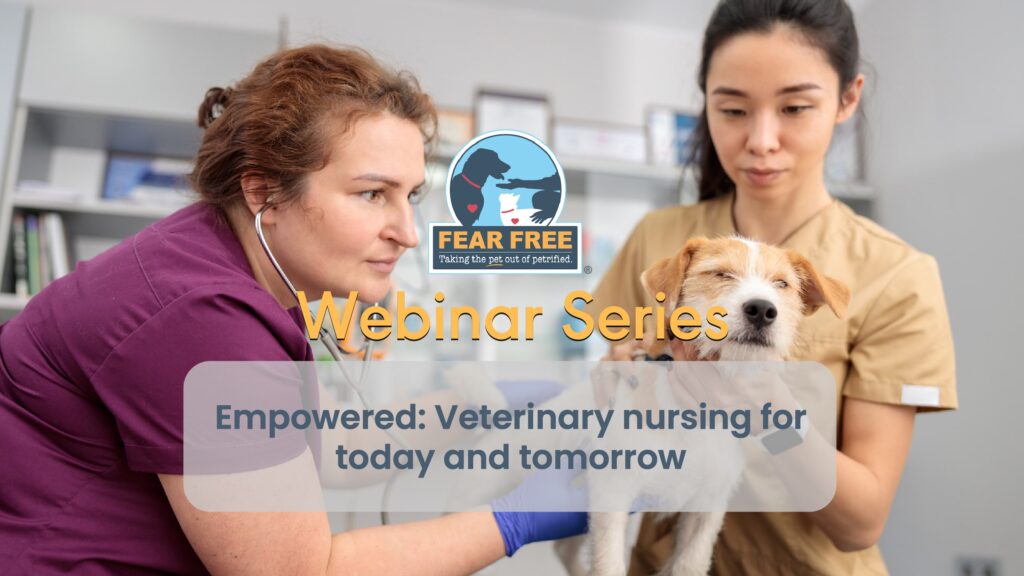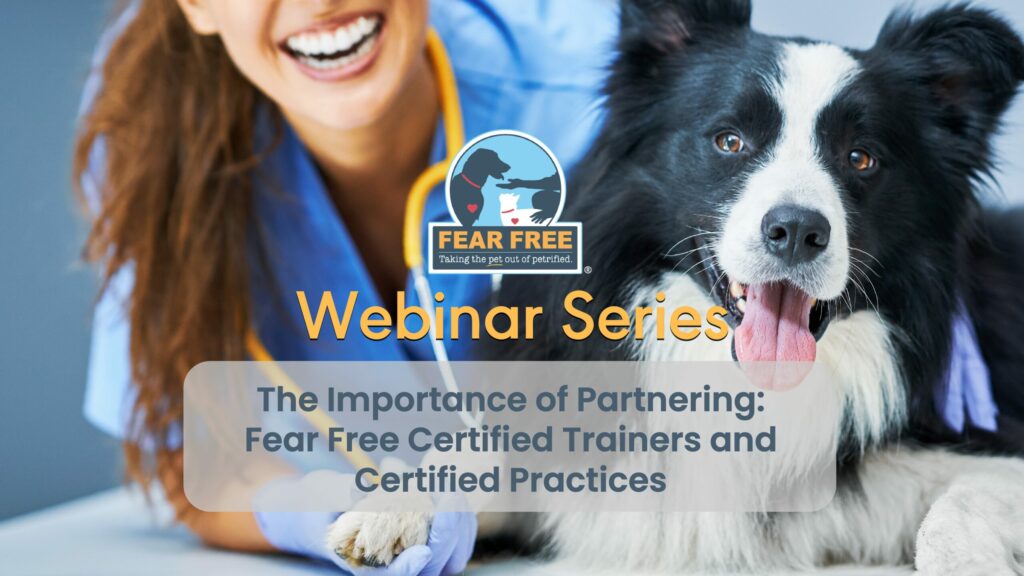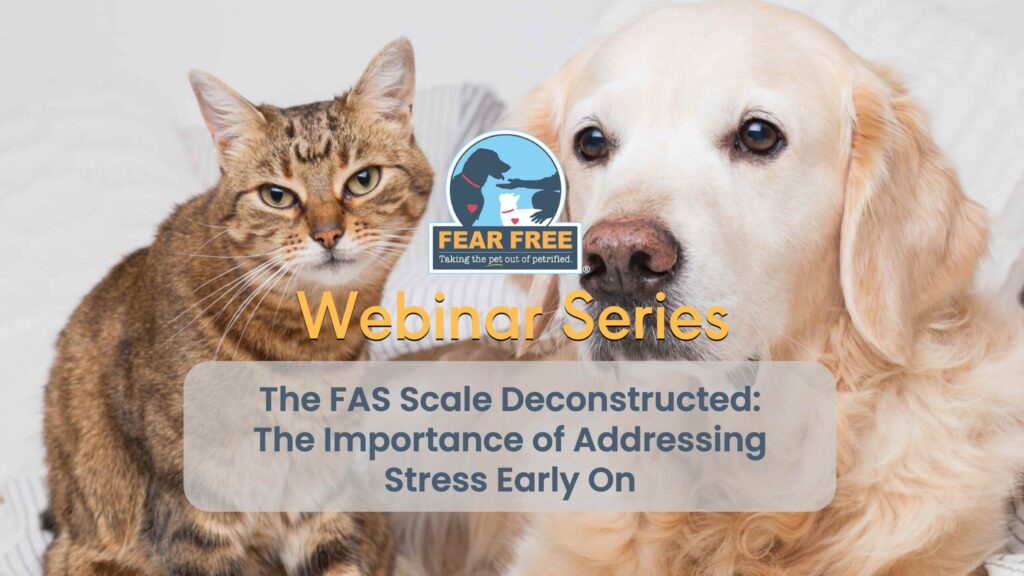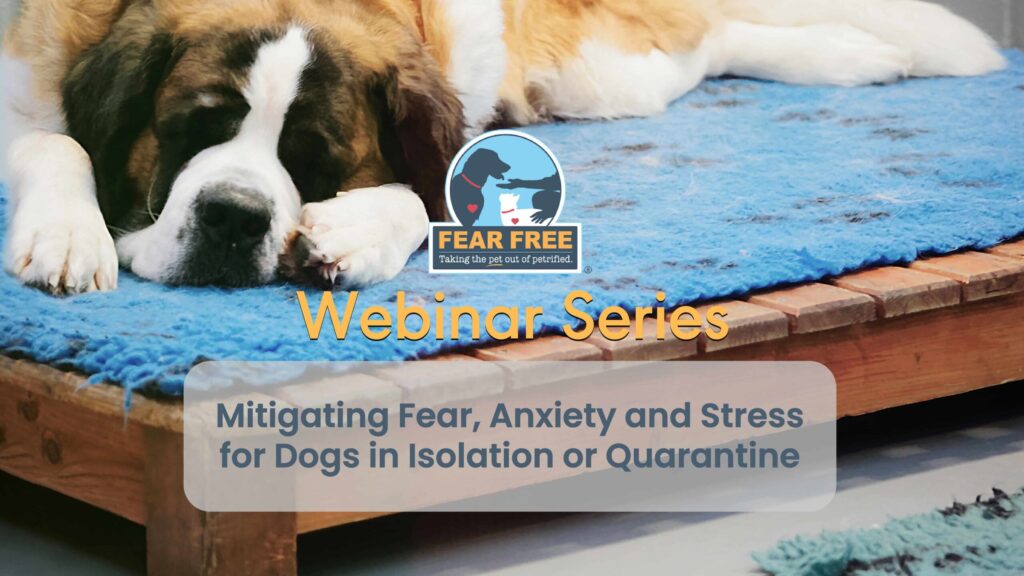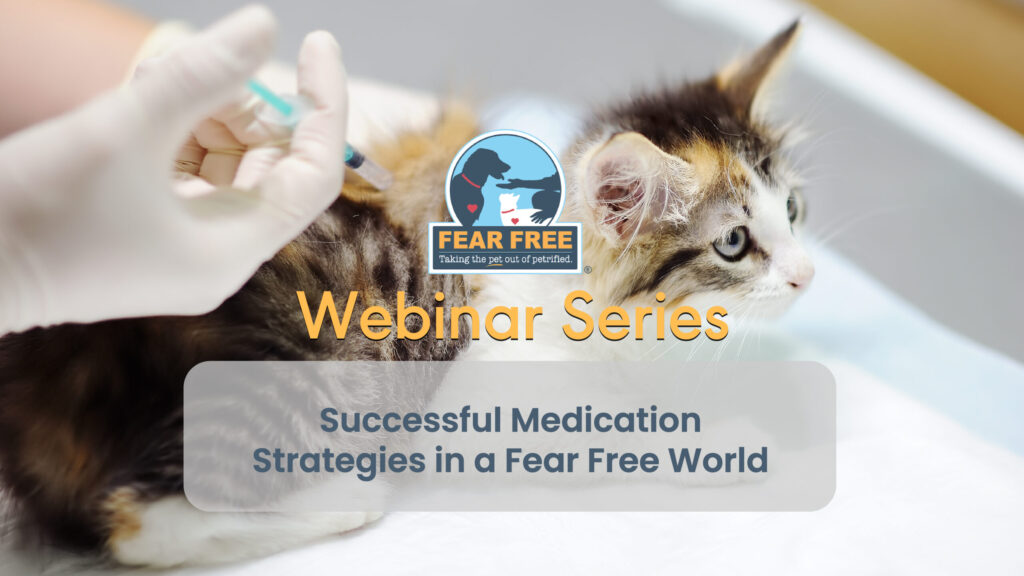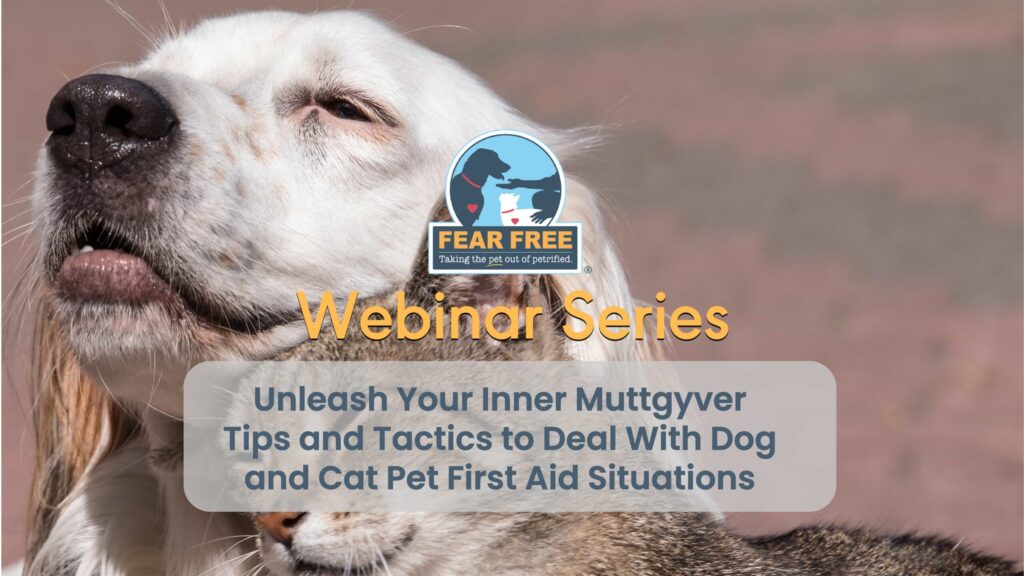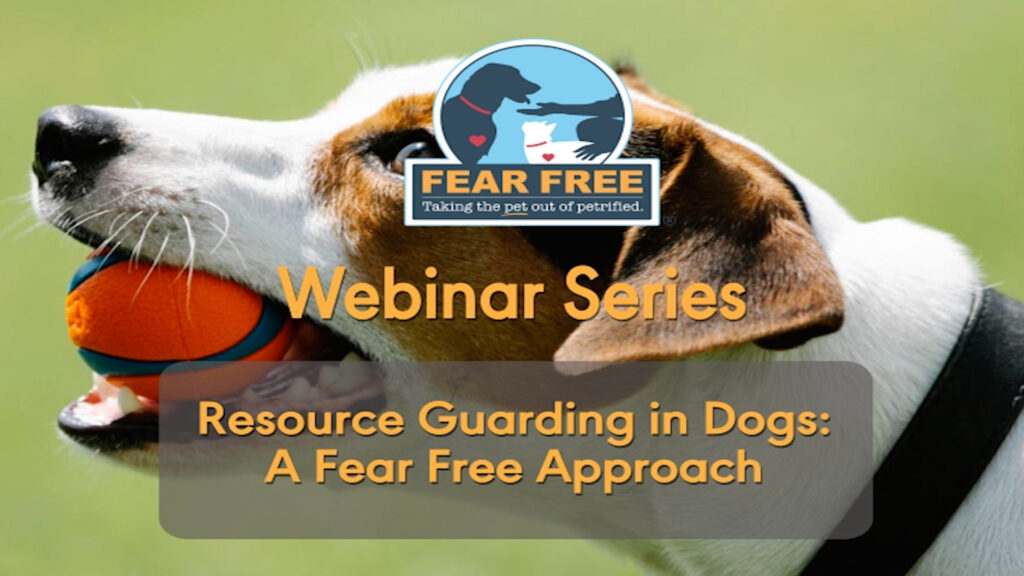
Course Overview
Resource guarding is a common problem in dogs with a wide variety of behavioral presentations. The condition is sometimes referred to as possessive aggression, and it poses a serious risk of injury when aggression is directed toward humans or other animals. Resource guarding can negatively affect the human-animal bond and the dog’s social relationship with other animals. In this webinar, Kenneth Martin, DVM, DACVB, and Debbie Martin, CPDT-KA, KPA CTP, LVT, VTS (Behavior), will discuss prevention, establishing a diagnosis, and treatment recommendations.
This course is approved for one hour of RACE CE and one hour of IAABC CE. In order to obtain the CE and certificate, you must enroll in and complete the course quiz with a score of 80% or better.
Brought to you by our friends at Blue Buffalo
